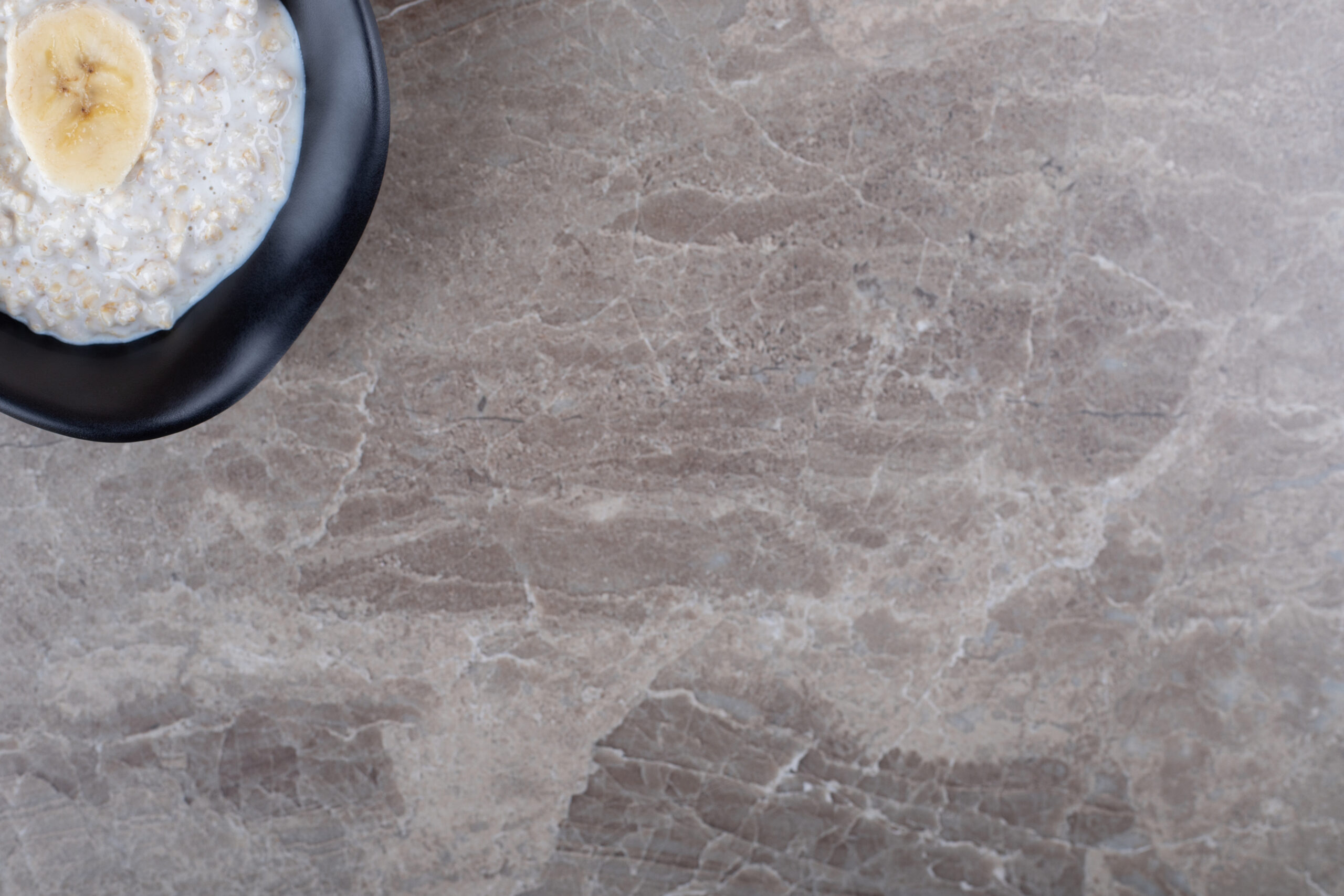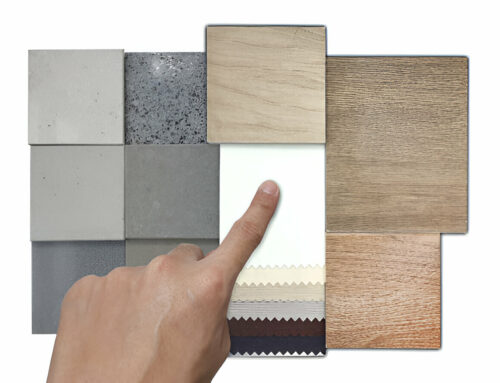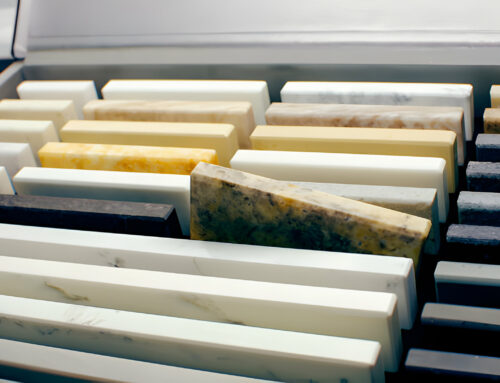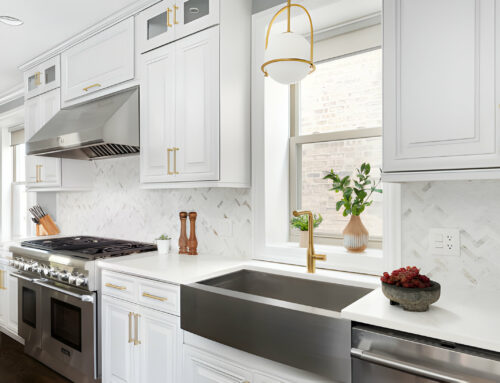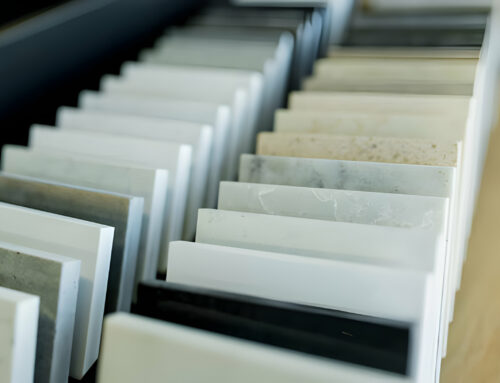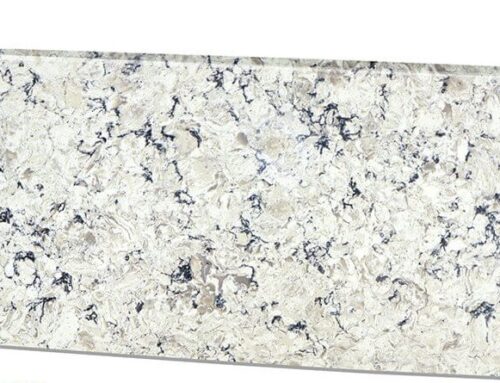Soapstone not as expensive as granite and it’s easier to care for than marble. Plus, it has a beautiful, natural look that can work in any kitchen or bathroom design.
Pros of soapstone countertops
Soapstone is a metamorphic rock that has been used for centuries in a variety of applications, most notably as countertops. Soapstone countertops are prized for their beauty, durability, and resistance to heat and stains. But like all countertop materials, soapstone has its pros and cons.
Here are the pros of soapstone countertops:
1. Beauty: Soapstone is a natural stone with a beautiful, matte finish that adds elegance to any kitchen or bathroom.
2. Durability: Soapstone is one of the most durable countertop materials available, resistant to scratches, chipping, and staining.
3. Heat-resistant: Soapstone can withstand high temperatures, making it ideal for use around cooktops and in outdoor kitchens.
4. Low maintenance: Soapstone does not require sealing or other special care; simply wipe it down with a damp cloth to remove dirt and spills.
5. Unique: Each piece of soapstone is unique, with its own veining and color variations.
Cons of soapstone countertops
If you’re considering soapstone countertops for your kitchen or bathroom, it’s important to weigh the pros and cons before making a decision.
Here are some of the potential drawbacks of soapstone:
1. Soapstone is a soft stone, which means it can scratch and stain easily.
2. Because it’s a natural material, each piece of soapstone is unique, so there can be variations in color and veining from one slab to the next.
3. Soapstone is a porous material, so it needs to be sealed on a regular basis to prevent staining.
4. Soapstone countertops can be expensive, depending on the quality of the stone and the complexity of the installation.
When to Use Soapstone Countertops
Soapstone is an ideal choice for kitchen countertops because it can withstand high temperatures without being damaged. This makes it perfect for areas near the stove or oven where food is often prepared. Soapstone is also heat-resistant, making it a good choice for use as a backsplash behind a cooktop.
In the bathroom, soapstone can be used on vanity tops and as shower surrounds. Its non-porous surface resists staining from cosmetics and moisture, making it easy to keep clean. Soapstone is also slip-resistant, making it a good choice for wet areas such as showers and baths.
Alternatives for soapstone countertops
If you’re looking for an alternative to soapstone countertops, there are several options available. One popular option is granite. Granite is a natural stone that is extremely durable and heat resistant. It’s also available in a variety of colors and patterns, so you can find a look that fits your kitchen.
Another option is quartz. Quartz is man-made, so it offers a wide range of colors and patterns to choose from. It’s also nonporous, making it resistant to bacteria and stains.
Finally, solid surface countertops are another popular option. They’re made from a variety of materials, including acrylic, glass, and stone. Solid surface countertops are nonporous and easy to clean, making them a great choice for busy kitchens.
Conclusion
After reading this article, you should now have a good idea of the pros and cons of soapstone countertops. Overall, they are a great option for those who are looking for durability and easy maintenance. However, they are not ideal for everyone due to their high price tag and porous nature. If you think soapstone countertops are right for you, be sure to do your research and purchase from a reputable supplier.
